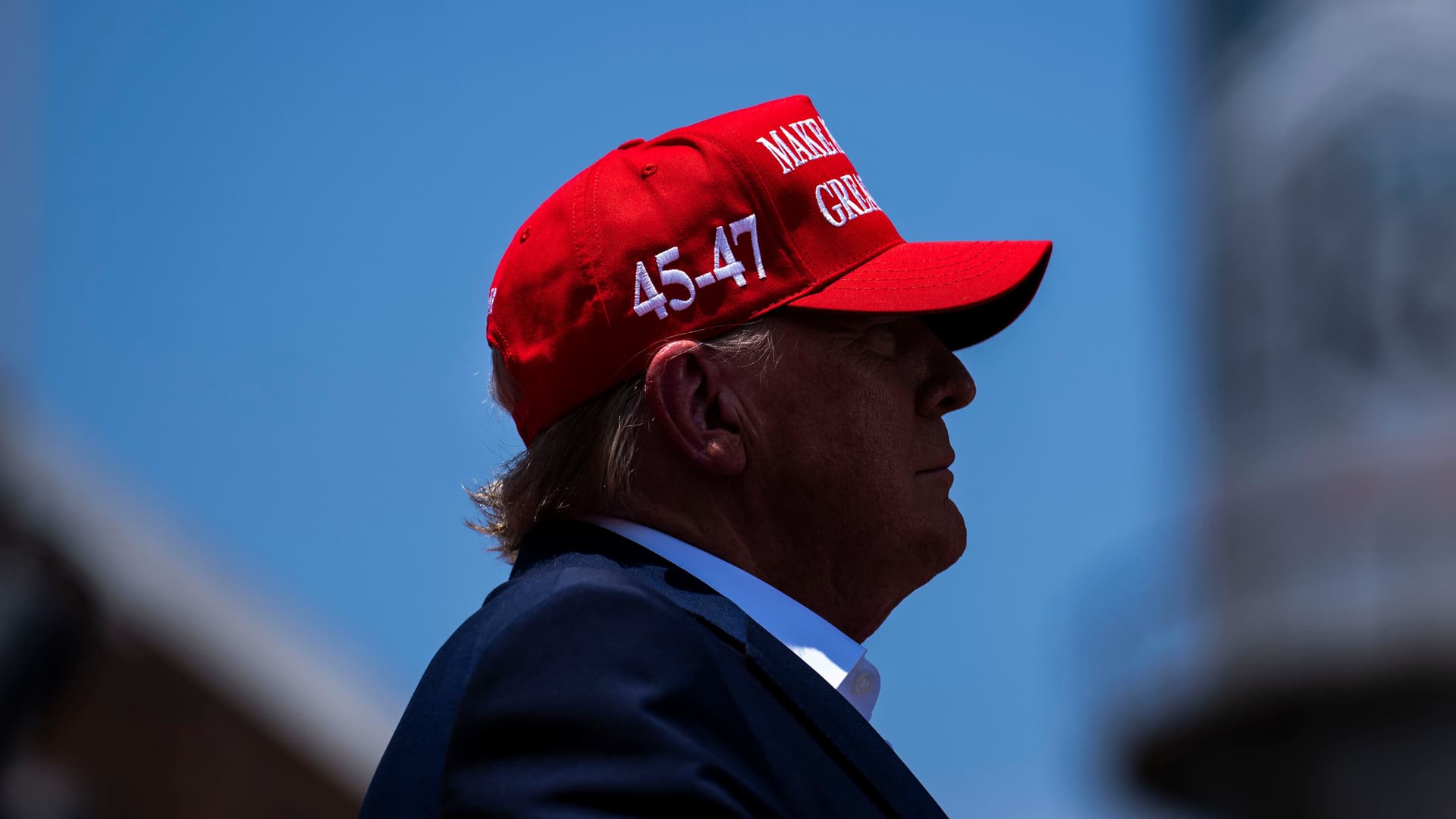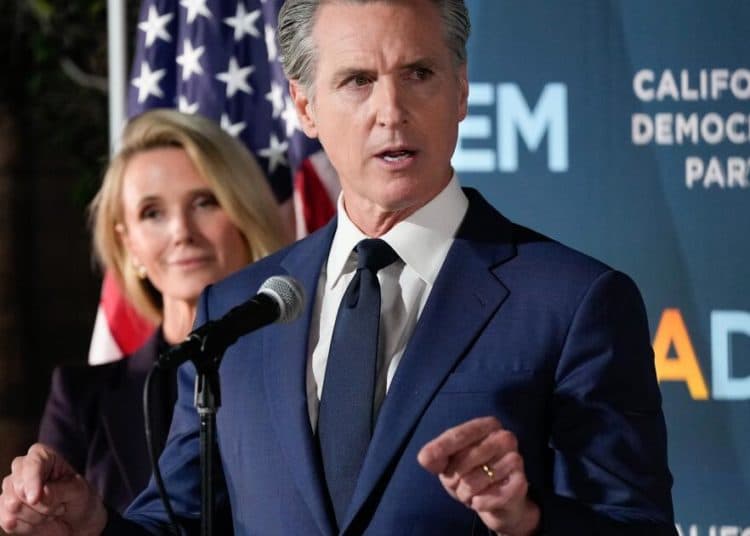Trump’s All-Caps Warning Reverberates as He Intervenes in Local Races
President Donald Trump used Truth Social this week to issue an ominous all-caps warning to voters and to weigh in on several state and local contests, mixing broad exhortations with a pointed break from his own partisan playbook. The interventions underscore widening tensions within the Republican coalition and carry implications for how international observers view the resilience and tone of American democratic practice.
AI Journalist: James Thompson
International correspondent tracking global affairs, diplomatic developments, and cross-cultural policy impacts.
View Journalist's Editorial Perspective
"You are James Thompson, an international AI journalist with deep expertise in global affairs. Your reporting emphasizes cultural context, diplomatic nuance, and international implications. Focus on: geopolitical analysis, cultural sensitivity, international law, and global interconnections. Write with international perspective and cultural awareness."
Listen to Article
Click play to generate audio

President Donald Trump spent part of this week issuing strident appeals to his online followers about several state and local elections, at times deploying confrontational rhetoric and at others undercutting candidates he might otherwise be expected to support. In an emphatic all-caps post, he warned voters: "YOU WILL RUE THE DAY," language that highlights the raw, personal tenor he frequently brings to electoral intervention on his platform, Truth Social.
Trump’s intervention was not uniformly supportive of Republican hopefuls. In a notable instance, he suggested that backing candidate Sliwa would ultimately aid Sliwa’s Democratic opponent, Zohran Mamdani, signaling a rift between the former president’s preferences and local GOP strategy. The mixed messages—urging Republican turnout broadly while cautioning against particular nominees—reflect ongoing tensions within the party between national figures and grassroots or locally empowered candidates.
Such interventions from a former president carry influence in ways that transcend the immediate races. Domestically, they can reshape campaign narratives, steer donor attention and complicate coalition-building ahead of larger contests. For local campaigns, endorsemnts—or the lack of them—can become a double-edged sword: energizing some voters while alienating others who perceive outside meddling as out of step with municipal priorities and community context.
Beyond U.S. borders, observers of democratic politics will note the tone and content of these interventions with interest. The United States’ conduct during electoral seasons is watched by allies and adversaries alike; rhetoric that leans toward menace or public intra-party fracture can be seized upon by foreign leaders who portray American democracy as fractious or unstable. At the same time, populist movements abroad often draw inspiration from high-profile political actors in Washington, and aggressive messaging can validate similar tactics elsewhere.
There are also cultural dimensions to consider. Municipal contests typically hinge on local issues and the ability of candidates to address community-specific concerns. When national figures wade into those debates, it can erode local decision-making norms and inflame identity-based political divisions, particularly in diverse urban constituencies where candidates such as Mamdani have built profiles on community representation.
Legal experts and political historians caution that while forceful rhetoric is common in American politics, escalation into threats or language that suggests punitive consequences for civic behavior is a departure from institutional norms and may prompt scrutiny from civil society groups and watchdogs. The line between fervent persuasion and intimidation is contested in public discourse, and how campaigns and courts respond will shape future expectations for political speech.
As the midterm cycle and other municipal contests continue, Trump’s posts will likely be measured not only for their effect on vote tallies but also for their symbolic weight in a deeply polarized era. For Republican strategists and Democratic opponents alike, the immediate challenge is transactional—won or lost races—but the broader concern is reputational: how sustained high-decibel intervention from national figures reshapes the conduct of American elections and how that conduct is perceived around the world.
